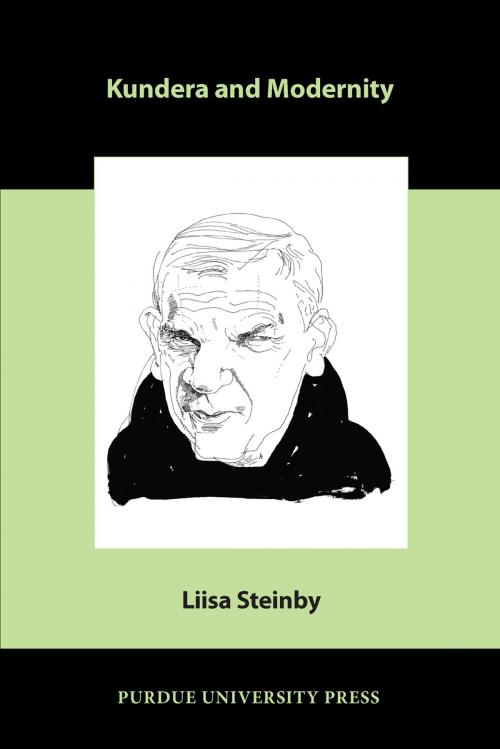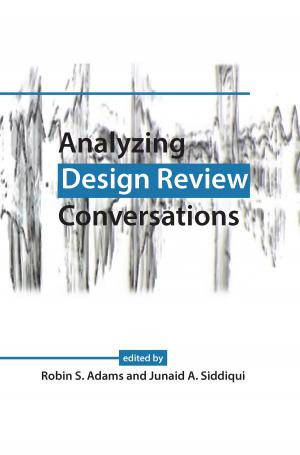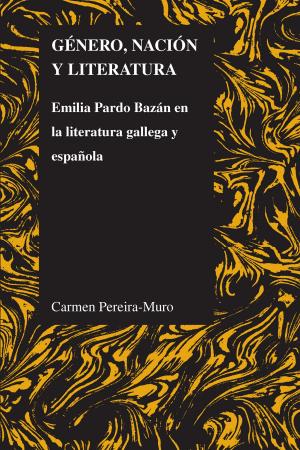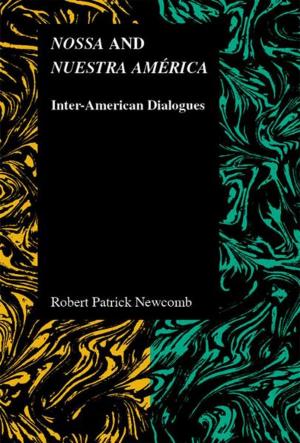Kundera and Modernity
Fiction & Literature, Literary Theory & Criticism, European, Eastern European, Theory, Books & Reading| Author: | Liisa Steinby | ISBN: | 9781612492483 |
| Publisher: | Purdue University Press | Publication: | February 28, 2013 |
| Imprint: | Purdue University Press | Language: | English |
| Author: | Liisa Steinby |
| ISBN: | 9781612492483 |
| Publisher: | Purdue University Press |
| Publication: | February 28, 2013 |
| Imprint: | Purdue University Press |
| Language: | English |
While a large amount of scholarship about Milan Kundera's work exists, in Liisa Steinby's opinion his work has not been studied within the context of (European) modernity as a sociohistorical and a cultural concept. Of course, he is considered to be a modernist writer (some call him even a postmodernist), but what the broader concept of modernity intellectually, historically, socially, and culturally means for him and how this is expressed in his texts has not been thoroughly examined. Steinby's book fills this vacuum by analyzing Kundera's novels from the viewpoint of his understanding of the existential problems in the culture of modernity. In addition, his relation to those modernist novelists from the first half of the twentieth century who are most important for him is scrutinized in detail. Steinby's Kundera and Modernity is intended for students of modernism in literary and (comparative) cultural studies, as well as those interested in European and Central European studies. Key Points: Offers new insights into the work of the popular modern writer Milan Kundera. Expands the reader's understanding of the meaning of the concept of "modernity." Widens the literature available in English about Central European culture.
While a large amount of scholarship about Milan Kundera's work exists, in Liisa Steinby's opinion his work has not been studied within the context of (European) modernity as a sociohistorical and a cultural concept. Of course, he is considered to be a modernist writer (some call him even a postmodernist), but what the broader concept of modernity intellectually, historically, socially, and culturally means for him and how this is expressed in his texts has not been thoroughly examined. Steinby's book fills this vacuum by analyzing Kundera's novels from the viewpoint of his understanding of the existential problems in the culture of modernity. In addition, his relation to those modernist novelists from the first half of the twentieth century who are most important for him is scrutinized in detail. Steinby's Kundera and Modernity is intended for students of modernism in literary and (comparative) cultural studies, as well as those interested in European and Central European studies. Key Points: Offers new insights into the work of the popular modern writer Milan Kundera. Expands the reader's understanding of the meaning of the concept of "modernity." Widens the literature available in English about Central European culture.















